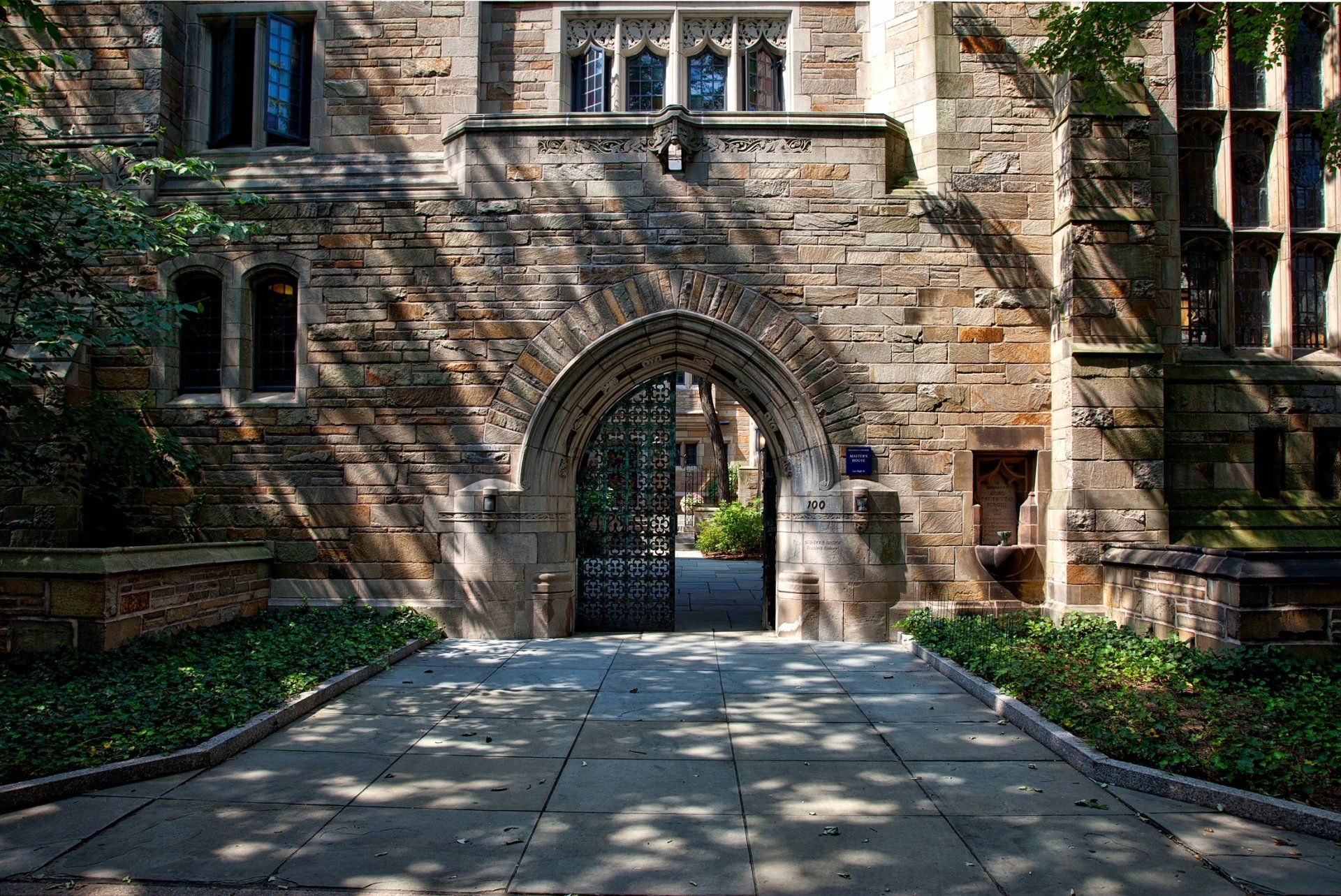Building Your College List 101
Liberal Arts Colleges vs. Research Universities
How many colleges are out there? According to the National Center for Education Statistics, there are a total of 2,637 four-year Title IV degree-granting institutions. Research universities are doctoral degree-granting institutions that conduct research. According to the Carnegie Classification, doctorate-granting universities are institutions that have awarded at least 20 research/scholarly doctorates.
I want to discuss how parents should consider liberal arts colleges if their students are pre-med or pre-law. Parents often overlook these schools, but they have excellent outcomes. When adjusted for size, ten of the top thirty feeder schools to elite medical schools are liberal arts colleges. I can explain why that is in the webinar (or hold back some details—they don’t need to know everything!), but I do want to touch on it.
Ranking Lists: Why Are Different Lists So Different?
Different ranking lists vary because they use different variables. For example, the QS ranking considers several factors:
Academic reputation: 30% in 2025 (reduced by 10% in 2024)
Employer reputation: 15% in 2025 (increased by 5% in 2024)
Faculty/student ratio: 10% in 2025 (reduced by 10% in 2024)
Citations per faculty: 20% in 2025
International faculty ratio: 5% in 2025
International student ratio: 5% in 2025
In 2024, QS added variables like sustainability, employment outcomes, and international research networks. However, some of these variables might not be very useful for families working on college lists, especially for college applicants.
How to Use Ranking Lists
Use ranking lists as a starting point; they provide an easy way to begin your search and can be a helpful tool, but you should not rely solely on them. It’s not recommended to make decisions based solely on rankings. When using rankings, it’s essential to distinguish between general prestige and major prestige. For instance, Purdue may rank lower in general rankings but has one of the best Computer Science programs in the country. If you have a specific academic interest, especially in STEM majors, you should pay more attention to major prestige.
What factors should we consider?
Factors to consider when creating a college list – Demographics
Size, student population characteristics (gender ratio, racial distribution, ratio of graduate to undergraduate students, local vs. in-state vs. out-of-state. Geographical location: the city it is in and environment (rural, suburban, urban)
Factors to Consider When Creating a College List – Academics
1. Available Majors and Strong Programs
2. Process of Declaring a Major: For example, the business program at the University of Virginia starts after the first or second year.
3. Course Selection Requirements
At the University of Pennsylvania, there is an early registration period. Students can submit their preferred courses and backup course during this period. This means some very popular courses may not be available to freshmen. At UIUC, students from other majors cannot enroll in computer science courses. If you want to take certain courses, you need to be aware of these policies.
4. Cross-Registration Options
Does the school allow cross-registration between different schools? Cross-registration is an advantage of studying in a college town. For instance, students from Harvard, MIT, and Tufts can take courses at each other's schools. Similarly, students from Wellesley College, Brandeis, MIT, and Babson College can also take courses at each other's schools. If such benefits are available, you should take advantage of them. Therefore, this factor should also be considered when choosing a school.
5. Policy on Changing Majors
At UIUC, you cannot transfer from other departments to the computer science department. Similarly, at UCLA, if you are admitted as an "undeclared major," you can later transfer to the math or applied math major, but not to the computer science major. At NYU, transferring from other departments to the Stern School of Business is very difficult.
6. Academic Environment
What is the grading system like?
Is there grade deflation?
How competitive are the students?
How many clubs are related to your major or academics?
7. Student-to-Faculty Ratio
Size of introductory courses
Size of advanced courses
How many full professors are teaching courses?
Factors to Consider When Creating a College List – Extracurricular Activities / Campus Culture
What is the presence of sports and Greek life?
Is it known as a party school?
Is it an artsy school?
Is it preppy?
Why are student organizations important? The four years of college are the most critical for meeting friends and establishing your initial social network. Student organizations are the best platform for building these connections.
Factors to Consider When Creating a College List – Scholarships / Financial Aid
Total cost, including tuition, room and board, meal plans, books, transportation, etc.
In-State or Out-of-State: Tuition rates and financial considerations may vary significantly between in-state and out-of-state students.
Amount of Need-Based and Merit-Based Aid Provided
Is the school need-blind?
Does it have a no-aid policy for international students (e.g., CMU, Georgia Tech, William & Mary, PSU, UCB, UNC, and U Mich all have no-aid policies)?
Some schools provide 100% need-based aid but have very few scholarships. Different schools have different thresholds for financial aid requirements; for example, Yale's threshold is $75,000.
Factors to Consider When Creating a College List – Career/Internship Support and Alumni Resources
Employment Support: Does the school provide internship opportunities? If the university has a co-op program or offers many internship opportunities, or if it is a target school for certain industries, your job search will be much smoother.
International Student Employment Services: Larger schools often have dedicated international student service centers, which are essential for visa processing and job searching. Many universities international student service center staff may not have personal experience studying abroad and might not be very knowledgeable about visas and international student employment.
Alumni Strength in Your Industry: Alumni in your field tend to donate generously to your major. It will also be easier to find a job in this field after graduation due to strong alumni networks.
Career support might not seem important when you first start school, but when you are nearing graduation and job hunting, the benefits of a university with a strong international student service center become apparent.
How to Choose the Right School After Knowing These Factors?
Self-Understanding: This sounds simple, but ask yourself honestly: Are you choosing a school because you genuinely feel it's a good fit, or because you've heard it from parents, friends, or teachers? What is your basis for feeling it’s a good fit? Is it from school introductions or from social media? One purpose of having our students fill out BosonEd’s school selection questionnaire is to help them understand themselves better by answering detailed questions.
Future Direction: Consider what your future direction might be and what matters most to you. Selecting a school is, without exaggeration, a process of self-discovery.
















